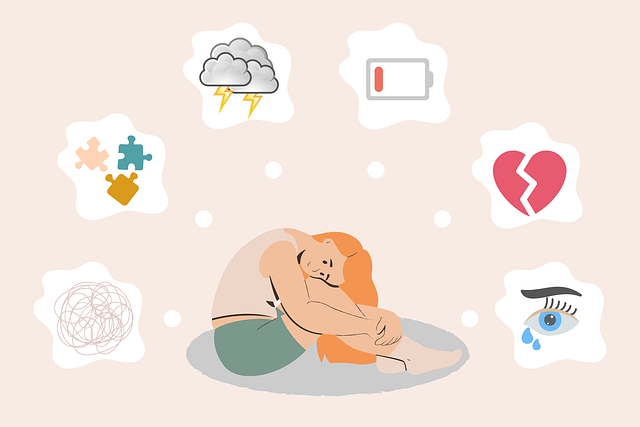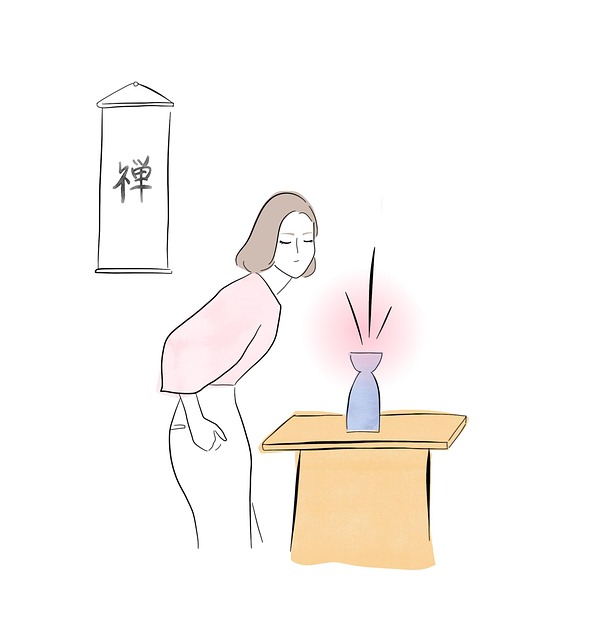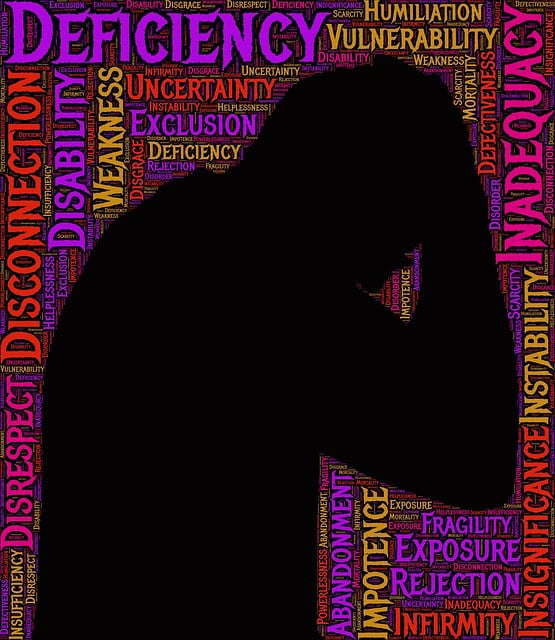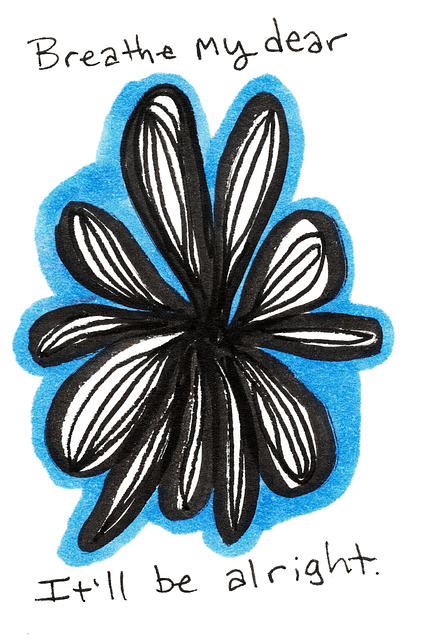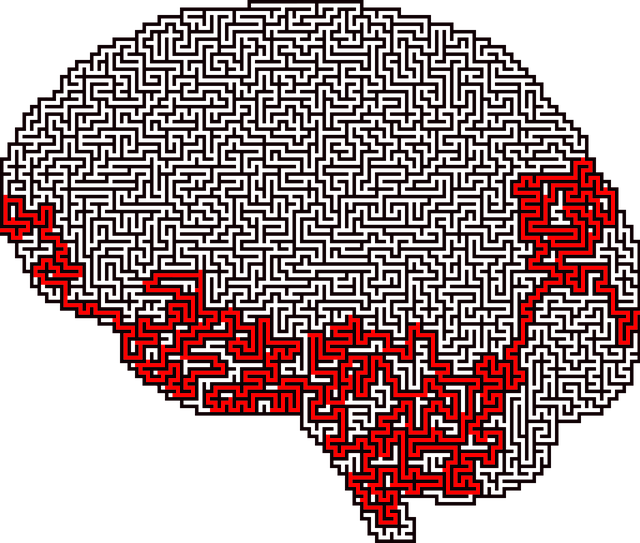Centennial First Responders Therapy (CFRT) offers a specialized program combining therapeutic techniques and peer support groups to enhance resilience, coping mechanisms, and community bonds among police officers, firefighters, and paramedics. The RFM Framework provides a comprehensive holistic approach focusing on physical, mental, and emotional resilience, empowering first responders with tools to manage stress, adversity, and trauma effectively, preventing burnout, and improving overall well-being. Tailored resilience-building exercises, mental health education, risk assessment, and peer support help these professionals navigate high-stress situations while reducing stigma and fostering open dialogue within their communities.
“In today’s demanding emergency services landscape, fostering resilience is paramount. This article explores a unique therapeutic approach, Centennial First Responders Therapy (CFT), integrating the RFM framework—Resilience, Flexibility, and Mobility—to enhance first responders’ mental health and preparedness. We delve into the practical application of CFT, offering strategies to design effective resilience-building exercises tailored for these essential workers. By implementing RFM principles, emergency services professionals can navigate challenges with greater agility and fortitude.”
- Understanding Centennial First Responders Therapy: A Unique Approach
- RFM (Resilience, Flexibility, and Mobility) Framework in Action
- Designing Effective Resilience Building Exercises for First Responders
- Implementing RFM to Enhance Mental Health and Preparedness
Understanding Centennial First Responders Therapy: A Unique Approach

Centennial First Responders Therapy (CFRT) is a specialized therapeutic approach tailored to address the unique challenges faced by first responders—police officers, firefighters, and paramedics—who often bear witness to traumatic events on a regular basis. Unlike traditional therapy models, CFRT recognizes that these professionals require a robust support system to manage stress, anxiety, and potential burnout resulting from their high-pressure jobs. This innovative therapy focuses on building resilience, enhancing coping mechanisms, and fostering a sense of community among first responders.
The program combines evidence-based therapeutic techniques with peer support groups, offering a holistic approach to mental health care. By participating in CFRT, first responders gain valuable tools to navigate the emotional toll of their work. This not only improves their ability to manage stress but also increases public awareness campaigns related to mental health within these crucial professions, ultimately leading to better anxiety relief and overall well-being.
RFM (Resilience, Flexibility, and Mobility) Framework in Action

The RFM Framework is a powerful tool designed to equip and empower Centennial First Responders Therapy clients with enhanced resilience, flexibility, and mobility – both physically and mentally. This holistic approach recognizes that the well-being of first responders extends beyond mere physical fitness; it encompasses emotional and psychological fortitude as well. By focusing on these three key pillars, the framework supports individuals in better managing stress, adversity, and trauma inherent to their professions.
Through structured exercises tailored for first responders, RFM cultivates self-awareness, enabling practitioners to identify and address personal limitations. This proactive strategy not only enhances job performance but also acts as a robust burnout prevention strategy for healthcare providers. Incorporating mental wellness coaching programs development into the RFM Framework further underscores its commitment to fostering holistic resilience. Ultimately, these strategies are designed to support first responders in achieving greater mental wellness while navigating life’s challenges with poise and grace.
Designing Effective Resilience Building Exercises for First Responders

Designing effective resilience-building exercises for first responders requires a nuanced approach that understands their unique challenges. Centennial First Responders Therapy plays a vital role in this process, offering specialized programs tailored to enhance mental health and emotional well-being. Mental Health Education Programs Design should incorporate practical strategies that address the trauma and stress often experienced by these individuals.
One effective method is incorporating risk assessment for mental health professionals to identify vulnerabilities and tailor interventions accordingly. Confidence-boosting activities, such as scenario simulations and peer support groups, can empower first responders with coping mechanisms, fostering a sense of resilience in the face of adversity. By integrating these strategies, resilience-building exercises become powerful tools that equip first responders with the skills needed to navigate challenging situations while preserving their mental health.
Implementing RFM to Enhance Mental Health and Preparedness

Implementing RFM—a strategy that combines resilience-building exercises with mental health support—is a powerful approach to enhancing the preparedness and well-being of Centennial First Responders. By integrating structured activities designed to foster resilience, these programs aim to equip professionals with effective coping mechanisms, especially in high-stress situations. This method is crucial in addressing the unique challenges faced by first responders, who are often at a higher risk of developing mental illnesses due to their exposure to trauma and intense work environments.
The process involves tailored therapy sessions focused on reducing the stigma associated with mental illness within these communities. Through RFM, first responders can learn stress management techniques that promote better resilience. This not only enhances their ability to cope with the demands of their roles but also encourages a culture of open dialogue around mental health concerns. Such initiatives are vital in ensuring the long-term wellness and effectiveness of Centennial’s First Responders, who play a crucial role in maintaining community safety.
Centennial First Responders Therapy offers a unique, holistic approach to addressing the mental health challenges faced by first responders. Integrating the RFM framework—focusing on resilience, flexibility, and mobility—into their practice allows for tailored exercises that build strength and preparedness. By designing targeted interventions based on this framework, we can empower first responders to navigate the rigors of their roles with enhanced mental agility and resilience. Incorporating RFM principles into existing support systems is a vital step toward fostering a more resilient and ready workforce.


